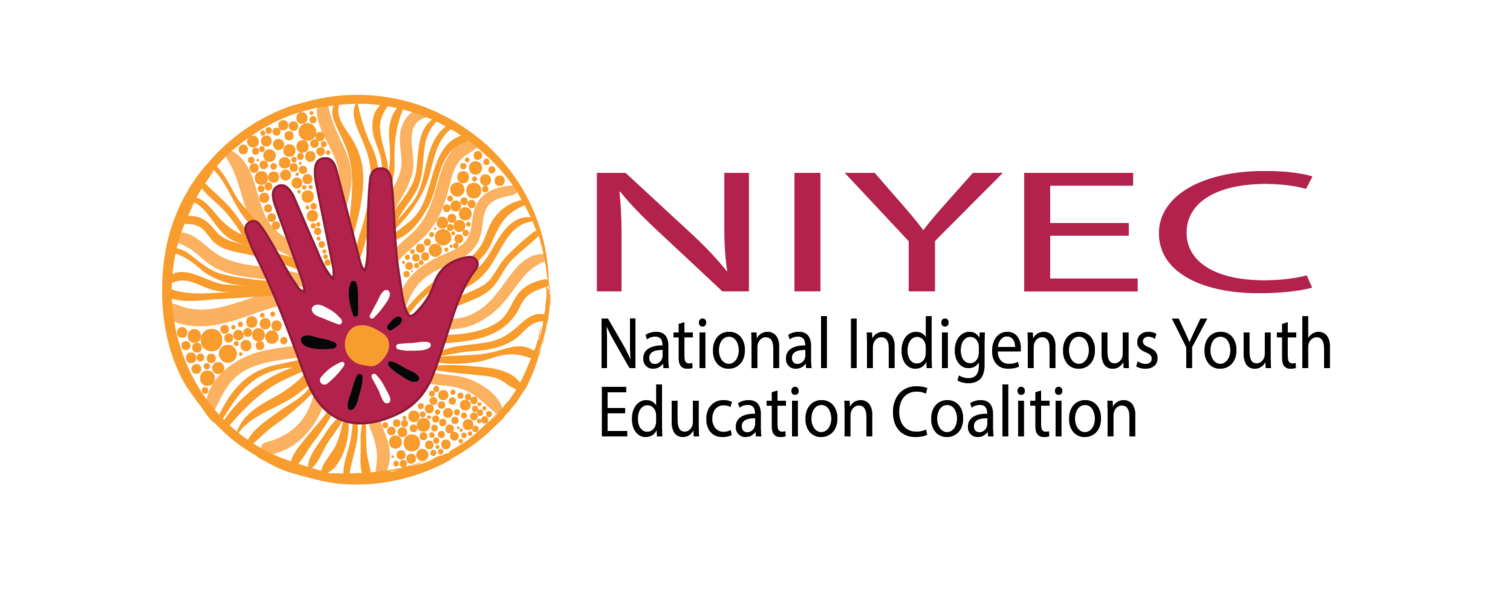Joint Statement: Working together to achieve community and student engagement in education in the NT
Aboriginal Peak Organisations Northern Territory (APO NT), National Aboriginal and Torres Strait Islander Education Corporation (NATSIEC), and the National Indigenous Youth Education Coalition (NIYEC) are deeply concerned by the NT Government’s approach to increase school engagement and attendance. Improving educational outcomes is a priority, this requires an evidence-based approach to addressing the factors that impact on engagement and attendance. The move to ‘bring back truancy officers to get kids to school’ and announcement of 21 Student Attendance Officers (SAOs) who will focus on compliance action against parents and guardians of school age children will disproportionality and detrimentally impact Aboriginal students and families.
The introduction of these 21 SAOs is expensive at $1.85M per annum, duplicating the 36 ‘Student Engagement Advisors’ (SEAs) currently employed by the NT Department of Education and Training.
SAOs, like the SEAs, will be authorised to issue compliance and infringement notices including $370 fines for parents who fail to send their children to school. This approach reduces the complex factors impacting Aboriginal student attendance in the NT to a simplistic notion of "parental responsibility", and ignores the broader systemic and structural challenges faced by NT students and their families.
These positions and the authorised functions risks placing additional pressure on Aboriginal families and communities already managing the impacts of intergenerational trauma, systemic racism, economic inequality, and a lack of culturally meaningful education.
Aboriginal student engagement and attendance is a long-standing issue in the NT. Available evidence indicates that multiple factors influence outcomes:
Impact of the COVID-19 Pandemic: The pandemic significantly disrupted school attendance across all jurisdictions, including the NT.
Reduction of First Nations Teachers: The number of Aboriginal and/or Torres Strait Islander teachers in NT schools decreased from 260 in 2023 to 163 in 2024, comprising less than 4% of all NT teachers. This decline contrasts with the increasing enrolments of Aboriginal students, who represent approximately 40% of NT students.
Teacher Turnover and Shortages: High turnover rates and shortages of teachers, particularly in remote and very remote NT schools, have created barriers to sustained student engagement. The NT Education Union has highlighted that decreasing school attendance could have "devastating" wider consequences.
Additionally, the recently released NT Office of the Children’s Commissioner’s It’s up to EVERYONE to call it out Report highlights the damaging role racism plays in student disengagement, identifying schools as a key site where Aboriginal students frequently experience racism.
APO NT as a strong alliance of peak NT Aboriginal organisations, together with NIYEC and NATSIEC, urges the NT Government to commit to a partnership approach. This ensures programs and services aiming to improve engagement and attendance are developed collaboratively and focus on culturally safe, supportive, engaging and meaningful educational environments.
The National Partnership on Closing the Gap and its four priority reforms should inform the NT Government on programs and services with jurisdictional commitments under Closing the Gap, as well as the Mparntwe Declaration and the Everyone Together Aboriginal Affairs Strategy.
Innovative approaches should drive the changed needed in Aboriginal and Torres Strait Islander Education. These approaches centre the strength, relationships, and genuine voice and agency of young people, families, and communities; where families are true partners in education system improvement.
We recommend the following steps:
Program Evaluation: A formal independent evaluation of the SAO program implementation and assessment of attendance outcomes achieved.
Engagement with Aboriginal Leadership: Work in partnership with APO NT and its Aboriginal Education Steering Committee, which represents nine regions across the NT, to co-design community-led solutions.
Community-Led Support Structures: Develop effective community support frameworks for SAOs, ensuring they are well-resourced and guided by local knowledge and cultural expertise.
We stand ready to work together to build strong partnerships that foster better outcomes for NT Aboriginal students, their families, and their communities.
